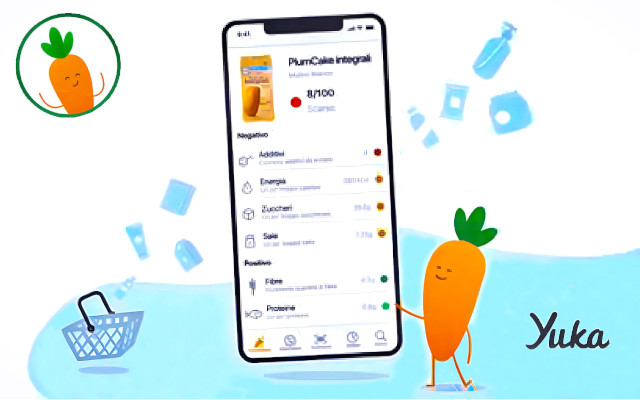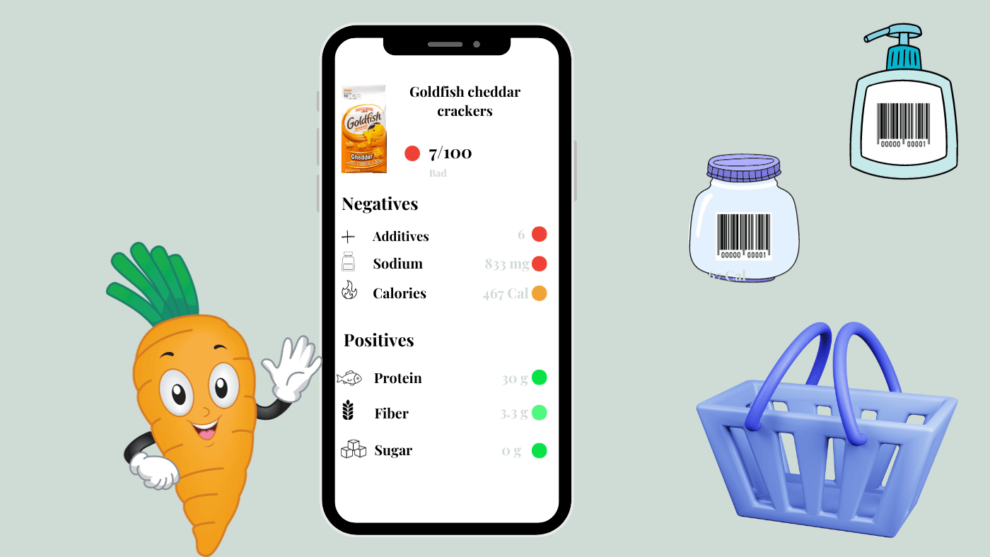Popular health app Yuka has launched a groundbreaking feature enabling users to directly confront companies about potentially harmful ingredients in their products. The new “Call-out the Brand” function, released today, marks a major evolution in how consumers can influence corporate responsibility and product safety.
Yuka, which has amassed over 60 million users worldwide since its French debut in 2017, has already demonstrated its power to influence corporate behavior. The app’s impact was notably evidenced when French supermarket chain Intermarché responded to consumer pressure by reformulating 900 recipes and eliminating 140 additives from their products, showcasing the potential for consumer-driven change in product formulation.
The newly introduced feature activates when users scan products that receive Yuka’s red label, indicating significant health concerns. Users can immediately send customizable emails to manufacturers, challenging their use of controversial ingredients. The platform also facilitates public advocacy through social media, currently supporting posts on X (formerly Twitter), with plans to expand to other platforms including Instagram.
This development comes at a crucial time when consumer awareness and demand for transparency in product ingredients are at an all-time high. According to a joint study by the Food Industry Association and NielsenIQ, 72% of consumers consider transparent product information and labeling as primary factors in their brand choices. This statistic underscores the potential impact of Yuka’s new feature in mobilizing consumer advocacy.
The tool’s introduction is particularly significant for the American market, where food regulations are generally less stringent than in European countries. By providing U.S. consumers with direct channels to voice their concerns, Yuka is potentially bridging a crucial gap in consumer protection and corporate accountability.
Currently available in France and the United States, with plans for international expansion in the coming months, the feature is accessible to all users of the app, not just premium subscribers. This democratic approach to consumer advocacy could potentially transform the relationship between consumers and manufacturers, creating a more direct and immediate feedback loop for product safety concerns.
Yuka’s core functionality extends beyond food products to include cosmetics, allowing users to identify potentially harmful substances such as endocrine disruptors, carcinogens, allergens, and irritants. The app’s comprehensive approach to product safety, combined with its new advocacy feature, creates a powerful tool for conscious consumerism.
The platform’s success in influencing corporate behavior suggests that coordinated consumer action can lead to meaningful changes in product formulation. By facilitating mass communication from concerned consumers to manufacturers, Yuka is effectively creating a new form of collective consumer pressure that could be more difficult for companies to ignore.
This development represents a significant shift in consumer empowerment, moving beyond passive information consumption to active engagement with manufacturers. The ability to immediately respond to concerning ingredients discovered through product scans could create a more dynamic and responsive marketplace, where consumer safety concerns are more quickly addressed.
The strategic timing of this feature’s release, amid growing global concerns about product safety and ingredient transparency, positions Yuka at the forefront of consumer advocacy in the digital age. The app’s evolution from an information provider to a platform for direct consumer action reflects the changing landscape of consumer-corporate relationships in the modern marketplace.
As Yuka prepares to roll out this feature to additional countries, its impact on global consumer advocacy and corporate responsibility could be substantial. The success of this initiative could set new standards for how consumers interact with brands and influence product formulations, potentially leading to healthier and safer products across the food and cosmetics industries.
















Add Comment